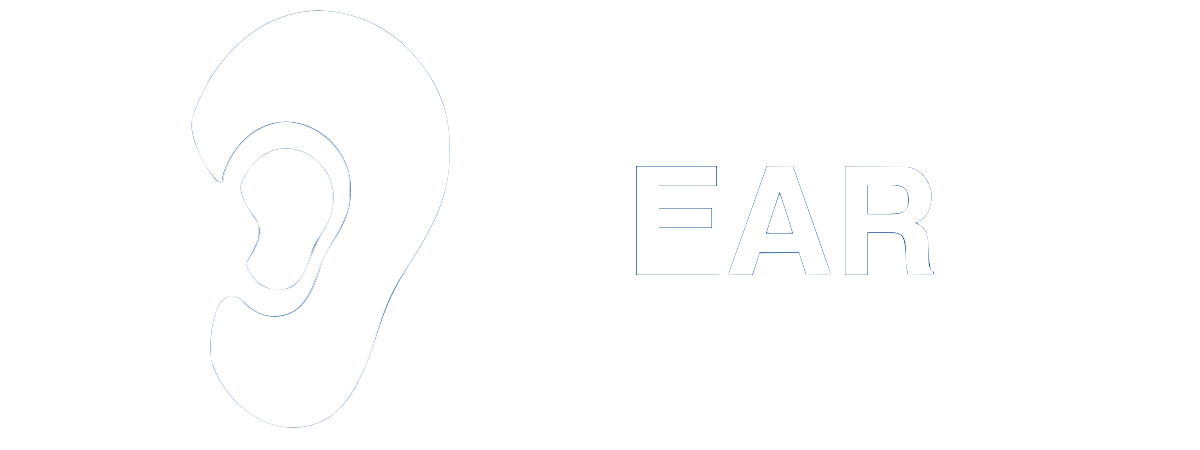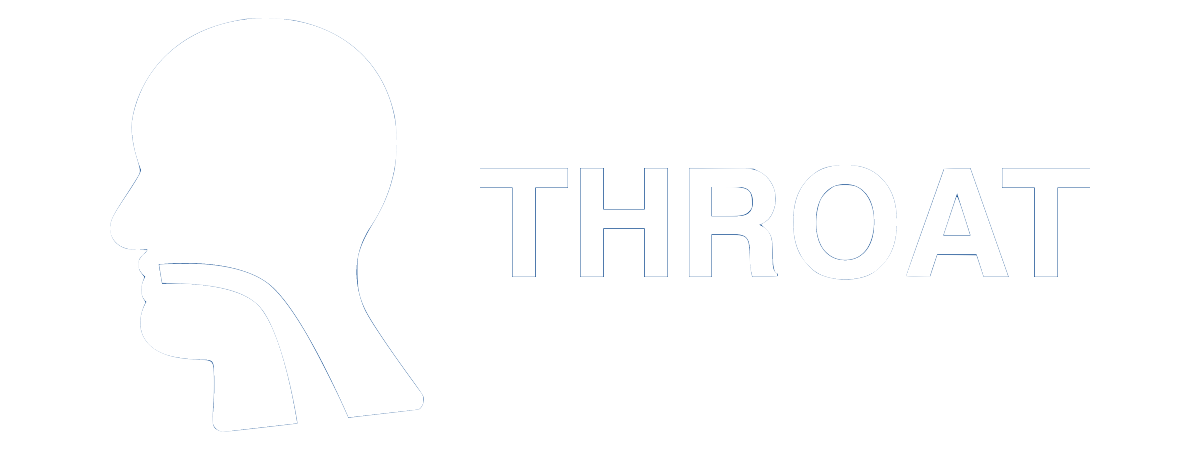Meniere's Disease is one type of vertigo that we commonly treat at Silverstein Institute. This type of vertigo can be a debilitating condition, and you should seek a definitive diagnosis and proper medical treatment for a better quality of life.
Related Blog: Meniere's Disease vs. Positional Vertigo
The Symptoms and Types of Meniere's Disease
There are distinct signs and symptoms of Meniere's Disease. With Meniere's Disease, you experience a combination of symptoms that last for a prolonged period. Depending on the symptoms, determines the classification type of Meniere's Disease.
Classical type is recurring vertigo that will last from 30 minutes to several hours, accompanied by fluctuating hearing loss in one ear. You probably will have tinnitus, ringing in the ear, along with a fullness or pressure feeling. These episodes can vary between attacks: either daily, weekly, or monthly.
Cochlear type is when you experience the pressure sensation and fluctuating hearing loss, without any vertigo (spinning sensation). Left untreated, you may eventually begin to experience vertigo.
Vestibular Meniere's Disease is the third type. With this type, spinning episodes are accompanied by nausea and vomiting, occurring between 30 minutes to 2 hours, or longer. These can occur at different times, but there is no fluctuation hearing loss or the pressure feeling in the ear. Many times there are migraine headaches or allergies in the history of the patient.
Confirming a Meniere's Disease Diagnosis
Diagnosing Meniere's Disease and its specific type is normally done (90% of the time) through listening to the patient's history. To confirm the suspected diagnosis, a series of tests help determine the final diagnosis.
Hearing Test - There are tests that help determine hearing and inner ear problems from Meniere's Disease.
Balance Test – Also referred to as a VNG (videonystagmography), to determine the activity within the inner ear and to access the amount of damage caused by Meniere's Disease on a patient's balance system.
Pressure Test of the Inner Ear – Pressure is one of the main issues from Meniere's Disease.
Treatment of Meniere's Disease
After confirmation of Meniere's Disease, there are treatments for patients to achieve relief from the debilitating episodes from this type of vertigo.
Allergy Skin Test: The first thing after a definitive diagnosis of Meniere's Disease is an Allergy Skin Test. Commonly, around 50% of patients with Meniere's have allergies that they are not aware they have. By treating these allergies, patients find relief from the dizziness and hearing loss.
Diet and Diuretic: Secondly, patients go on a low-salt diet with a diuretic. The diuretic that is most favorable is known as Diamox or Acetazolamide. This oral medication treats the pressure, or fullness, of the inner ear.
Controlling Vertigo Attacks: Third, Lorazepam is an oral pill that rapidly absorbs into the body when placed under the tongue. Within minutes of the onset of a vertigo attack, it stops.
Steroidal Treatment: Additionally, for patients with continued fullness in the ear, they may be treated with steroids, either orally or injections directly placed into the middle ear.
- The difference between the oral and steroids is that the oral steroid travels through the bloodstream, lessening the effectiveness as it reaches the inner ear. The ear injections directly treat patients more effectively.
- A device invented by Dr. Silverstein, known as the MicroWickⓇ, allows patients to put steroid drops in their ear for a month, three times per day.
- Injecting steroids into the ear may not benot as effective. The steroid can quickly exit the middle ear down the eustachian tube, making this method not as effective as using the MicroWick method.
Gentamicin: When patients continue to experience vertigo attacks, this antibiotic medication is injected directly through the eardrum, killing the balance cells of the inner ear to stop the vertigo attacks of Meniere's.
Labyrinthectomy: For patients who do not respond to steroid and gentamicin treatments, and their hearing is extremely poor, a more invasive approach is necessary. A labyrinthectomy is a surgical procedure that goes right into the ear canal to destroy the inner ear, resulting in hearing loss. Although patients may experience imbalance after the procedure, they no longer have Meniere's Disease.
- In earlier times, patients had to live with hearing loss. But with today's technology, patients can enjoy hearing with the use of CROS or BiCROS hearing aids. Sometimes, patients may have a cochlear implant inserted into their ear.
Vestibular Neurectomy: When patients continue to experience vertigo attacks, but their hearing is adequate, a vestibular neurectomy is another procedure that was developed in the 70s by Dr. Silverstein. This procedure involves cutting the balance nerve. By cutting this nerve, the vertigo attacks stop. Patients keep their hearing from the preservation of the cochlear nerve. Additionally, this procedure also preserves the facial nerve.
- With approximately 250 procedures done in the past, this procedure is rarely needed today because Gentamicin and steroids work with success.
Don't Live with Meniere's Disease
If you have a diagnosis of Meniere's Disease, and you believe you have to live with it, please contact us at the Silverstein Institute. Our caring staff and expert hearing specialists will help treat this debilitating condition. It is our mission to help our patients improve their quality of life through the joy of hearing.











